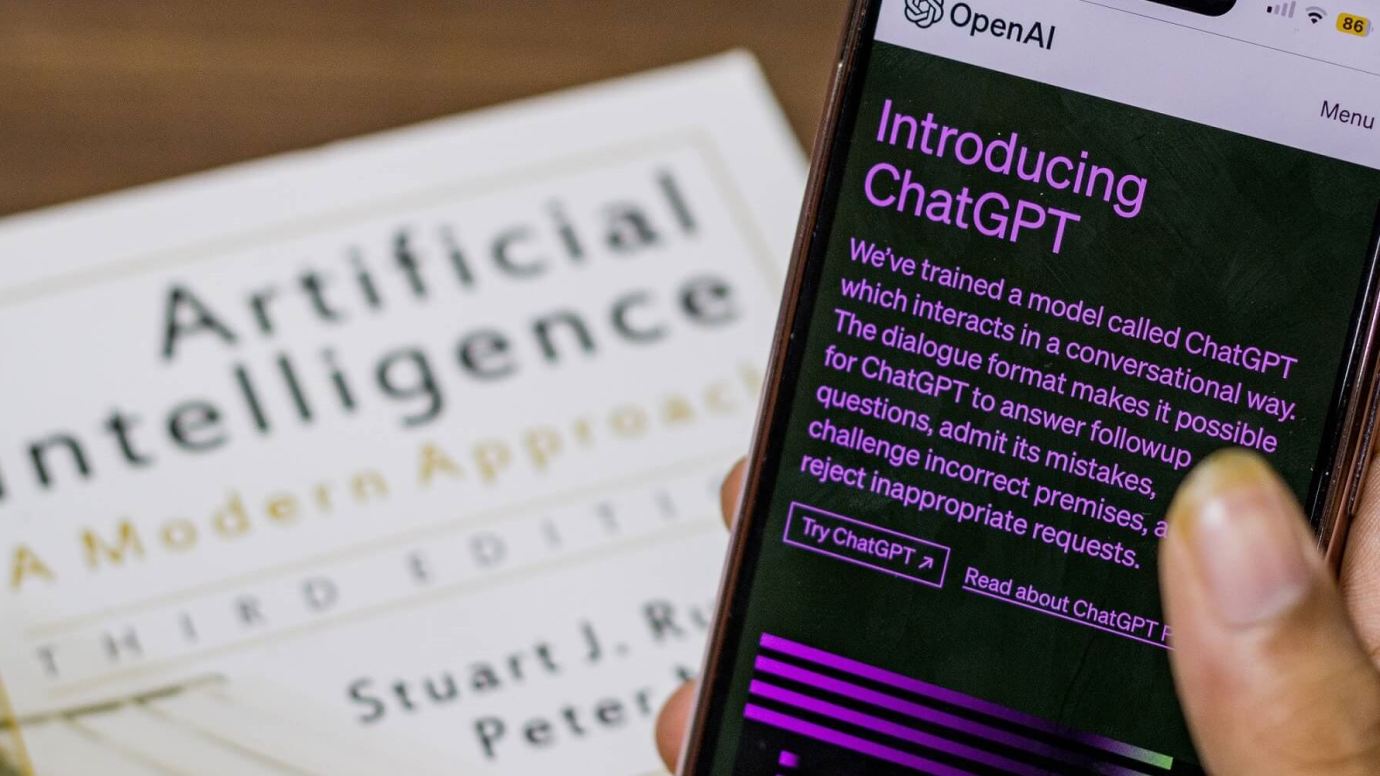
Artificial Intelligence in education
Artificial Intelligence (AI) has the potential to address some of the biggest challenges in education today, as various educational institutions around the world utilize AI for various purposes. Students, teachers, parents, as well as the educational institutions themselves, view education from a wholly different perspective as AI has the potential to revolutionize the education sector by improving learning outcomes and providing personalized learning experiences.
One of the most significant applications of Artificial Intelligence in education is personalized learning, where AI algorithms can analyse student data and tailor learning experiences to meet individual student needs. For example, an AI-powered education platform can adapt to a student’s learning style, pace and knowledge level, resulting in a more engaging and effective learning experience.
Discover more blogs associated with the business programmes:
- MSc Digital Marketing
- MSc in Psychology – Cognitive Processes and Technologies
- BSc (Hons) Computer Science and Digitisation
In addition, AI is capable for providing real-time feedback as AI algorithms can analyse student’s work and provide instant feedback on errors, areas of improvement and suggestions for further study, leading to a better understanding of the material. Moreover, AI algorithms can identify students who are struggling with a particular subject and help teachers to intervene and provide additional support, preventing them from falling behind and ensuring they have a better chance of success.
Furthermore, AI may power custom eLearning solutions which can assist teachers in bridging the knowledge gap between their lectures and the study materials. AI algorithms can also assist in curriculum development and lesson planning, enabling teachers to modify their teaching approach and improve learning outcomes.
Finally, AI can help make education more accessible to students with disabilities. AI-powered systems can provide text-to-speech functionality, making it easier for students with visual impairments to learn and can also analyse speech patterns of students with speech impairments, making it easier for teachers to understand what they are saying.
In conclusion, Artificial Intelligence has the potential to transform education by many means. As AI technology continues to develop, it is likely that its impact on education will continue to grow and teachers, as well as educational institutions themselves, need to embrace this technology so as to ensure that they are providing the best possible education to their students.
To learn more about Artificial Intelligence, check out the AI Conference held at BSBI Berlin Campus: